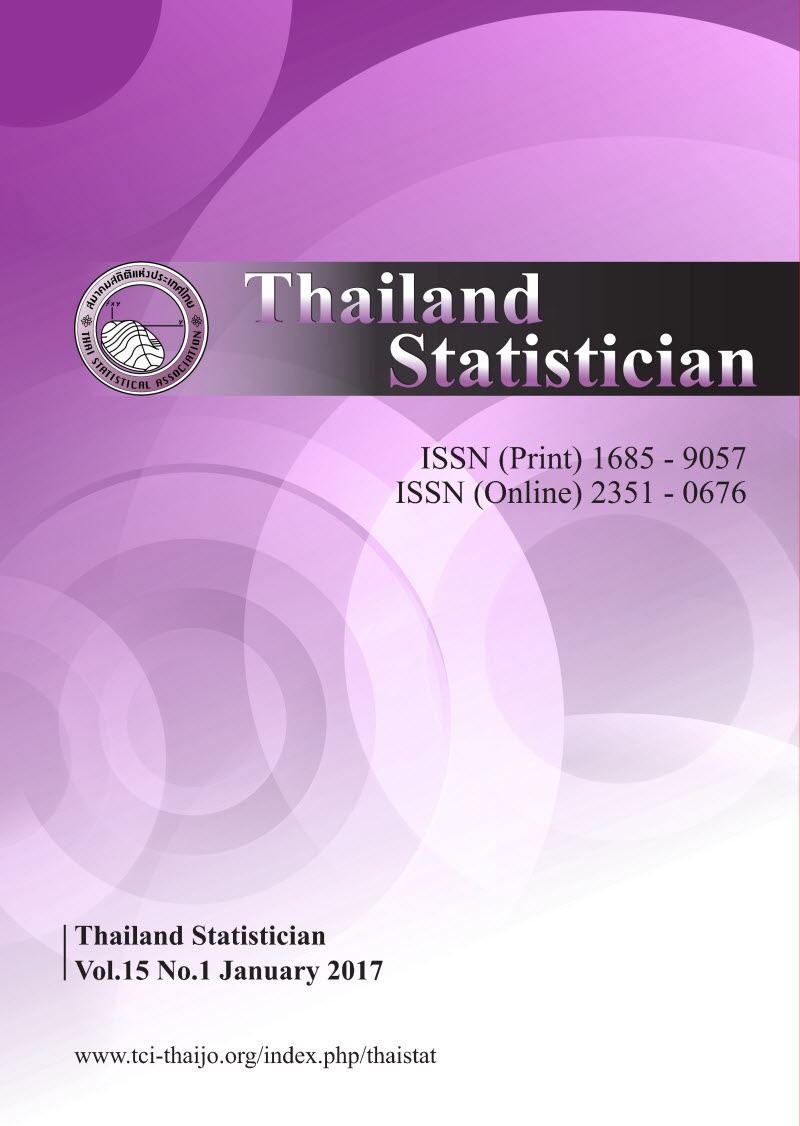Modeling of Water Quality Dynamics Using Indigenous Knowledge
Keywords:
environment evaluation, indigenous knowledge, mathematical modeling, temporal dynamicsAbstract
Unavailability of western-laboratory-type data on water quality for the areas where the aboriginal people live requires developing special evaluation and prognosismaking methodologies. To determine the key parameters of the water quality we interviewed the experts (aboriginal elders). Basing on the determined key parameters we formed the key questions and developed the questionnaires. The questionnaires were distributed among the households of the Peepeekisis and Kahkewistahaw aboriginal communities (Saskatchewan, Canada). According the developed model we can conclude that within next 15-25 years the negative dynamics of the water quality in both of the communities will be held. However if the positive factors (construction of water treatment facilities, restriction of chemical use, etc) regarding the water quality are maintained at least at the current level, in 15-25 years we may observe dominating of positive trends in water quality in both of communities.How to Cite
Sardarli, A., Budsaba, K., Ngamkham, T., Volodin, A., & Baidoo, K. (2015). Modeling of Water Quality Dynamics Using Indigenous Knowledge. Thailand Statistician, 8(2), 207–222. retrieved from https://ph02.tci-thaijo.org/index.php/thaistat/article/view/34296
Issue
Section
Articles




